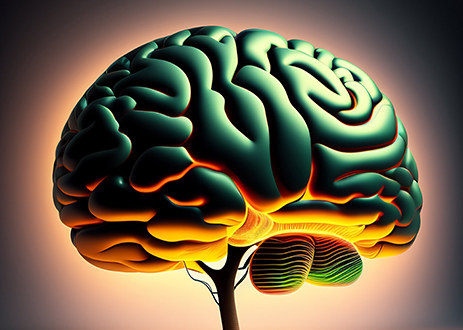Beyond placing a significant burden on national economies on the order of billions of US dollars annually—due to lost productivity (Arias et al., 2022) and other factors—mental health problems constitute a pervasive cause of social inequity and premature death (Patel et al., 2018), particularly in low and middle-income countries.
Current estimates suggest that almost one billion people live with some form of mental health condition (WHO, 2022), and this number could rise further. Indeed, recent years have seen an increase in mental health conditions around the world, with aspects such as COVID-19 and armed conflicts as well as stressors that include career expectations, social media use and fear of the unknown—particularly among youth (Bitanihirwe, forthcoming)—driving this trend (WHO, 2022). Unfortunately, there is a paucity of empirical data to ascertain the current burden of mental health problems in Africa, although in some primary care settings, the rates of depression and other common mental disorders are reported to be above 20% (Chibanda et al, 2014).
Despite the global surge in mental health problems, Africa still has one of the largest gaps in mental health treatment as a result of stigma, fragmented service delivery models and human resource shortages in addition to a lack of research capacity for implementation and policy change that in turn contribute to poorly developed and underfunded health services (Shidhaye et al, 2015; Wainberg et al., 2017). Notably, most countries in the region commit less than 1% of their health budget to psychiatric care, with an emphasis on institution-based care often marked by gross human rights violations (Chibanda, 2017). Africa’s large treatment gap for mental health services also stems from a lack of mental health specialists—exacerbated by the brain drain of health professionals—where in sub-Saharan Africa it is reported that there is just one psychiatrist for every 1·5 million people (Chibanda, 2017).
Against this background, the Science for Africa Foundation’s Mental Health Programme is designed to advance an enabling, sustainable research environment for mental wellbeing in Africa by:
- Producing quality findings and generating data to inform policy and drive locally relevant research agendas in Africa.
- Training future generations of mental health professionals.
- Increasing public awareness of mental health research findings to the public, policymakers, and other stakeholders.
- Promoting youth-focused approaches to create positive, lasting change in local communities and beyond.
- Pushing a narrative for the inclusion of people with lived experiences of mental health conditions in co-creating research.
- Availing funding for cross-national and multidisciplinary research targeting youth mental health.

